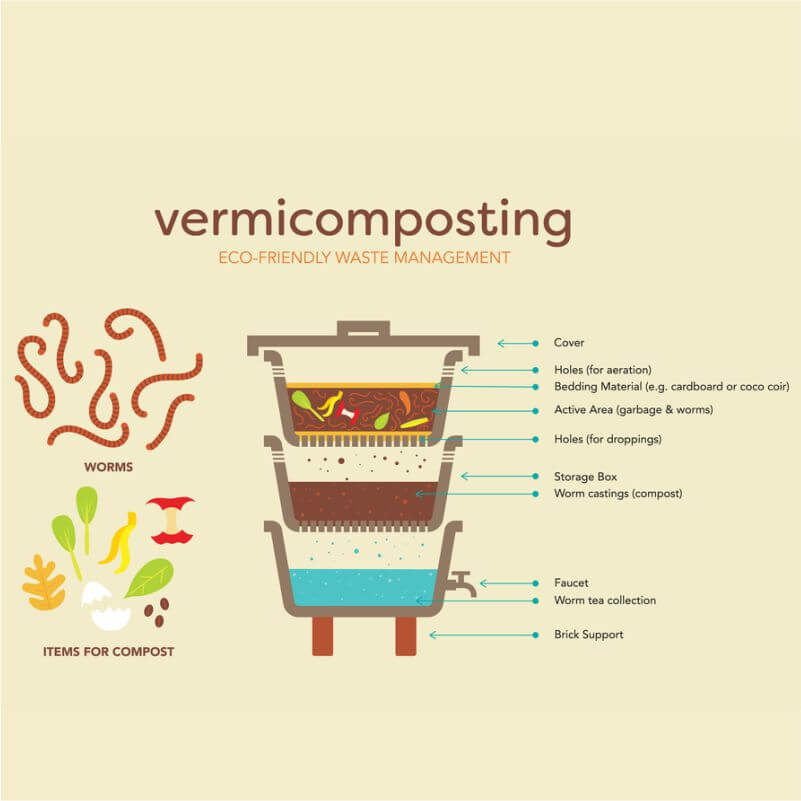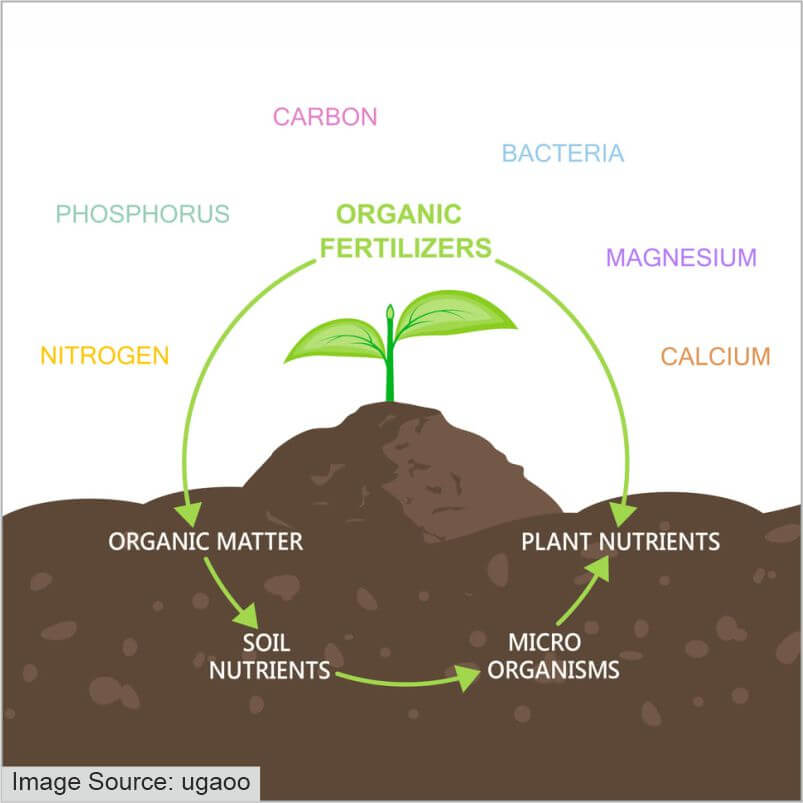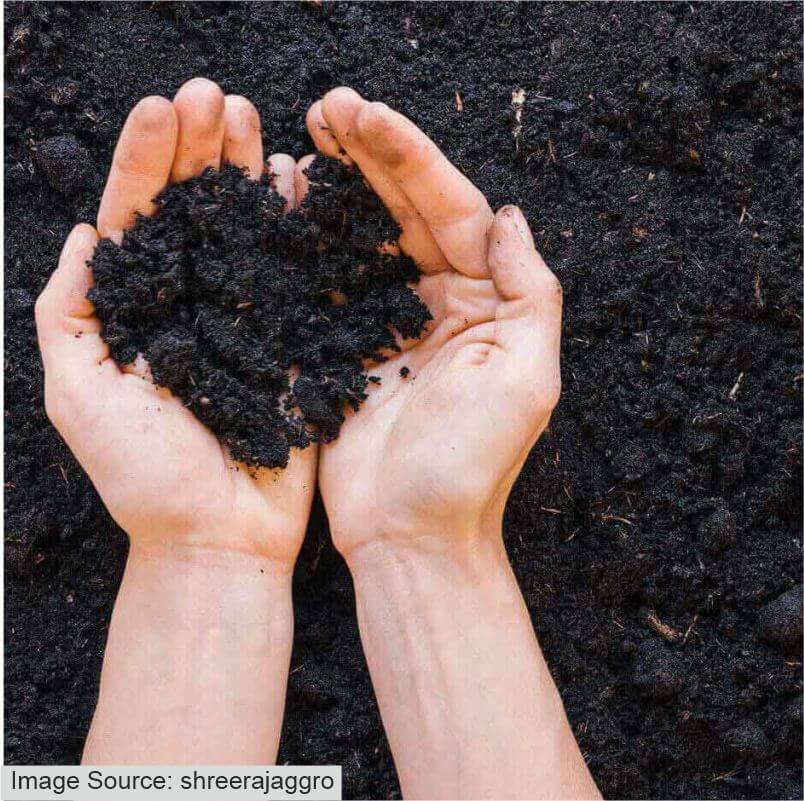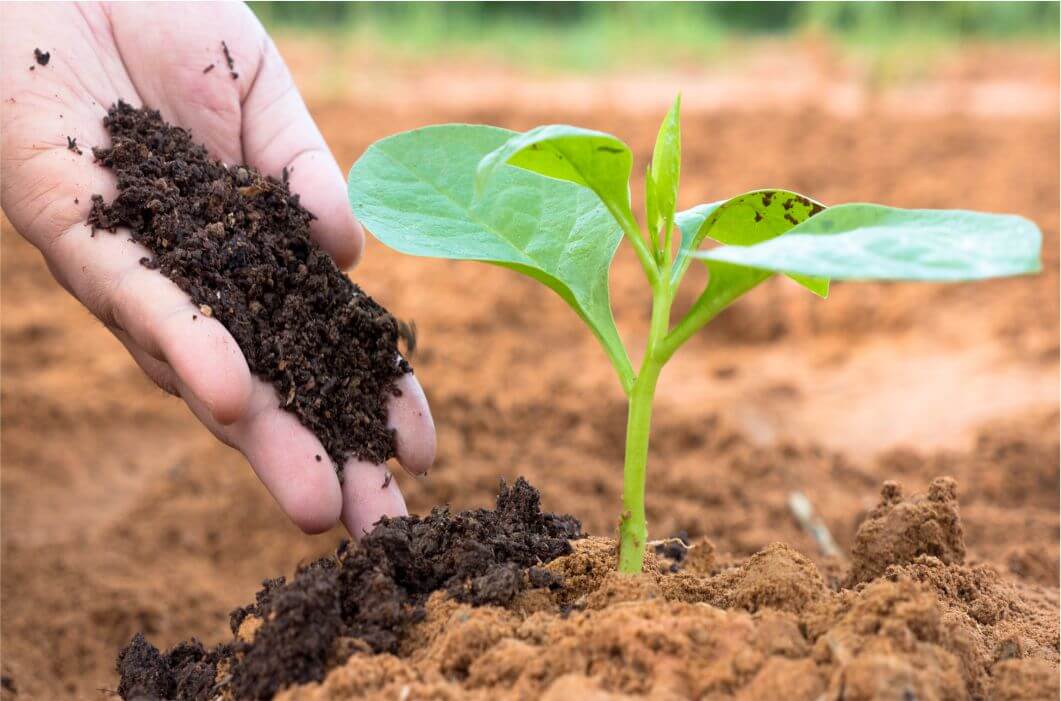Although vermicomposting is recognized as a clean, sustainable, and zero-waste method of managing organic wastes, there are still several barriers to its widespread adoption. Rather than boosting research on the subject of vermicomposting, more attention should be paid to its practical use.
Vermicomposting on a wide scale is necessary to successfully and globally tackle the waste disposal problem. The lack of awareness and sufficient understanding about vermicomposting and the utilization of vermicompost is one of the primary obstacles. By arranging various training and extension activities, it is vital to educate farmers about vermicomposting and the proper use of vermicompost.
How does this process work?

To aid digestion, enzymes are introduced. The substance subsequently goes into the gut, where it is further digested with the addition of fluids. It absorbs nutrients that the worm requires, just like our own intestine.
This appears to be a typical mammal digestive system, however, microorganisms are an important component. To promote the growth of microbial communities, the worm regulates moisture and pH conditions. These microbes are essential for organic matter digestion.
Along with the soil and organic matter, worms also ingest large amounts of microbes. In fact, microbes are their primary source of food, not organic matter.
The worm's entire digestive system is inefficient, and only 5-10% of the food consumed is digested. The rest is ejected as vermicasts, or worm castings, which are mucus-coated particles. Undigested plant material, nutrients, dirt, and a vast number of bacteria can all be found in worm casts. In worm casts, microbial activity is ten to twenty times higher than in soil and other organic materials.
Benefits of Vermicomposting

1. Suppressing Pathogen
Vermicompost, according to studies, does not destroy pathogens in the soil but instead prevents them from becoming virulent and harming your plants.2. Delivering Nutrients
Vermicompost often has higher quantities of plant-available nutrients, particularly nitrogen and phosphate, than ordinary compost.3. Water Retention
Due to its amazing water retention qualities, one will be astonished at how dense vermicompost is. Adding vermicompost or worm castings to the soil in places with depleted – or diminishing – water sources and/or soil heavy in sand or clay will assist keep the water in the soil and save that valuable resource.4. Increasing the Population of Microorganism
Vermicompost can support a healthy microbial population by including beneficial fungus and bacteria. Healthy soil is supposed to contain roughly 5% organic material, but in over-farmed soil, that figure has dropped to 1%. This balance can be restored by adding vermicompost to the soil.5. Suppressing Pests
Vermicompost, like diseases, can not kill or repel pests, but it can assist them to avoid an attack.6. Plant Growth Regulation and Higher Yields
There are multiple studies that suggest that applying vermicompost or worm castings to crops such as strawberries, tomatoes, peppers, and other vegetables increases production. Hormones that govern and encourage plant growth can be found in some vermicomposts.7. Polluted Soil Remediation
Numerous studies have demonstrated that earthworms and the bacteria found in active vermicompost may clean up soil contaminated with hydrocarbons, agrichemical pollution, heavy metal-free radicals, and other contaminants.Vermicompost plays an important role in the circular economy.
Organic waste that is not adequately managed poses a severe environmental danger all over the world. This has resulted in a global battle to establish a balance between the rapid development of such wastes and environmental conservation.
The use of vermicomposting to handle organic wastes has grown quickly in recent years, thanks to its unique advantages of lower operational and maintenance costs compared to alternative waste management systems.
Future of Vermicompost in India

One of the most important and pressing environmental issues of our day is climate change. Carbon sequestration is one of the most important advantages of vermicomposting. This is the process of carbon being locked up in organic materials and soil organisms. Non-organic farming techniques have gradually decreased carbon levels in soils around the world.
The use of compost or vermicompost on a regular basis progressively raises the carbon level in the soil. Although carbon is constantly leaving the soil as more is sequestered, composting can raise the equilibrium level, thereby removing vast amounts of carbon from the atmosphere permanently. Earthworms play a critical role in reversing the loss of biodiversity.
Worms boost the amount and diversity of microorganisms in the soil by establishing favorable circumstances for them to live and grow. The gut of an earthworm has been described as a "bacteria factory," spitting out many times more bacteria than the worm consumes. One may greatly improve the microbial population of a farm's soil by introducing vermicompost and cocoons.
Because soil organisms and the plants they assist develop constitute the foundation of the entire food chain, increased biodiversity below ground is the foundation for increased biodiversity above ground. The United Nations Environment Program (UNEP) has recognized the relevance of below-ground biodiversity for sustainable agriculture, above-ground biodiversity, and the economy.
